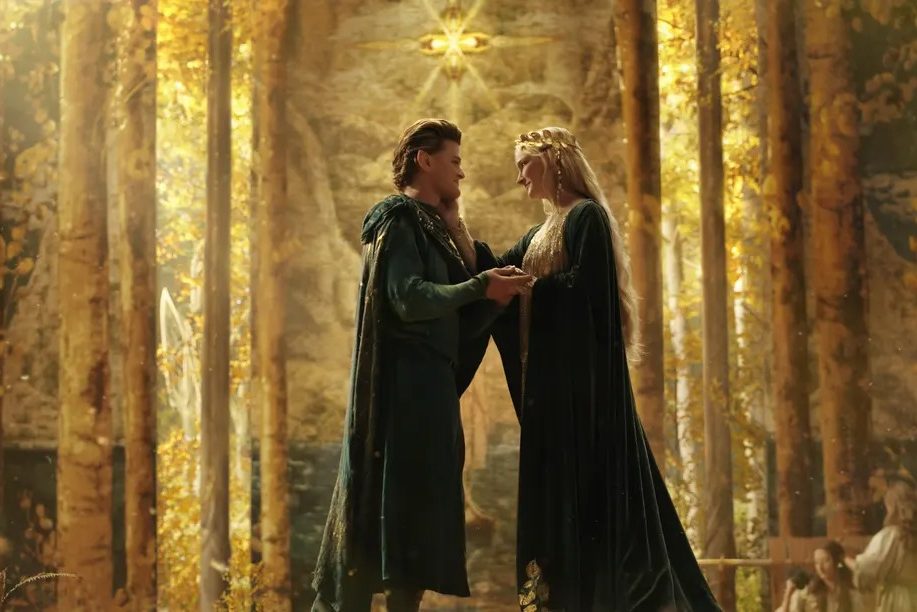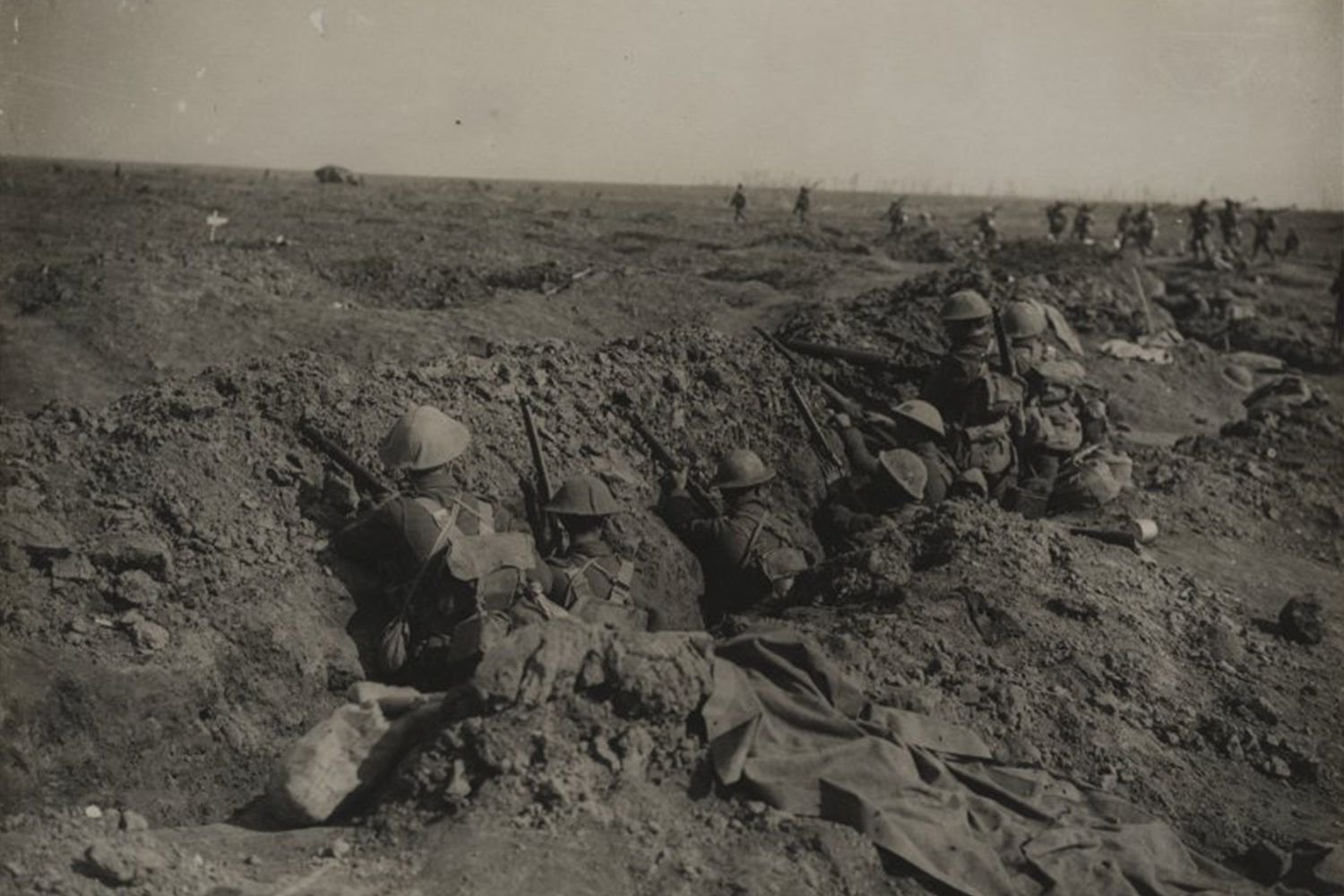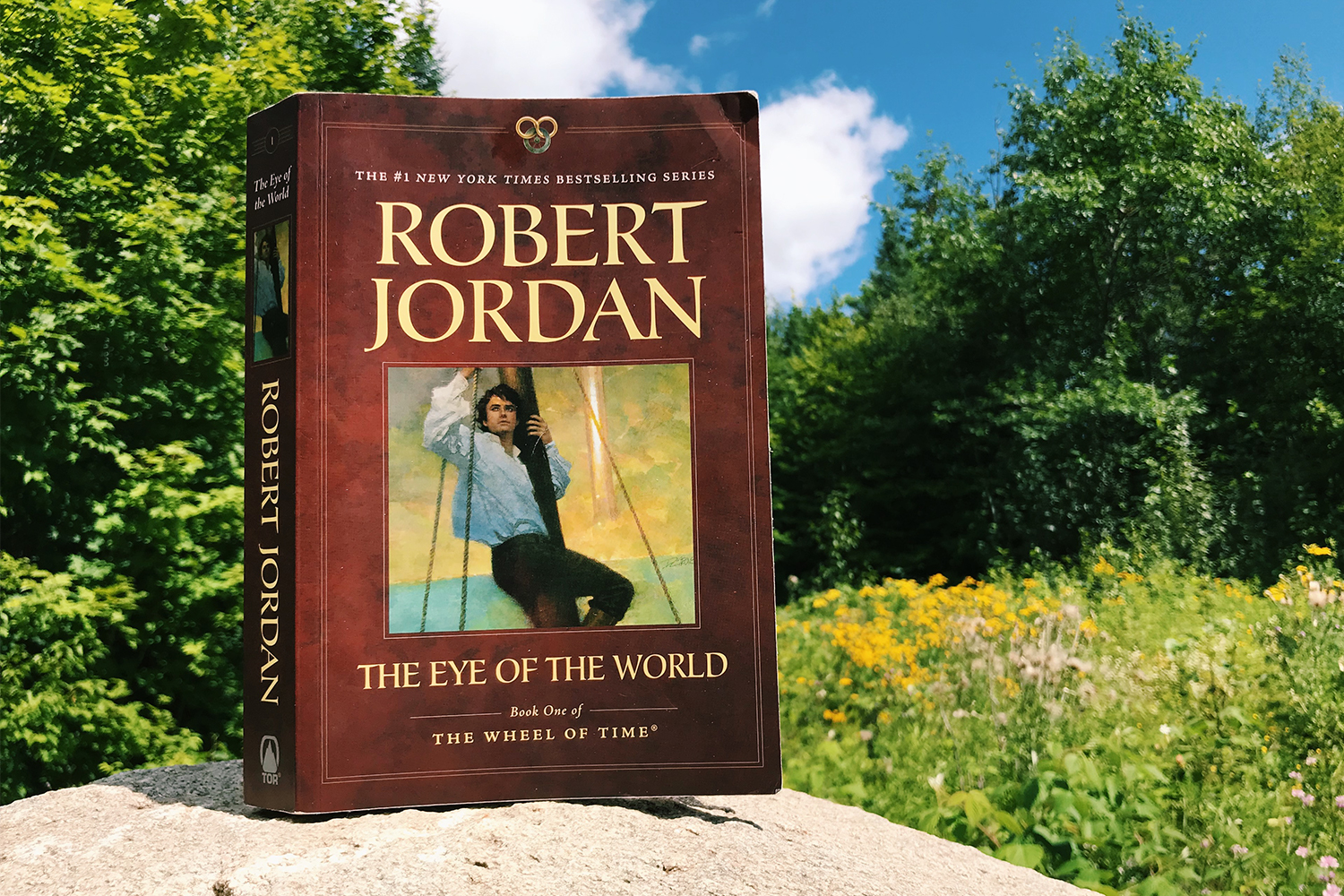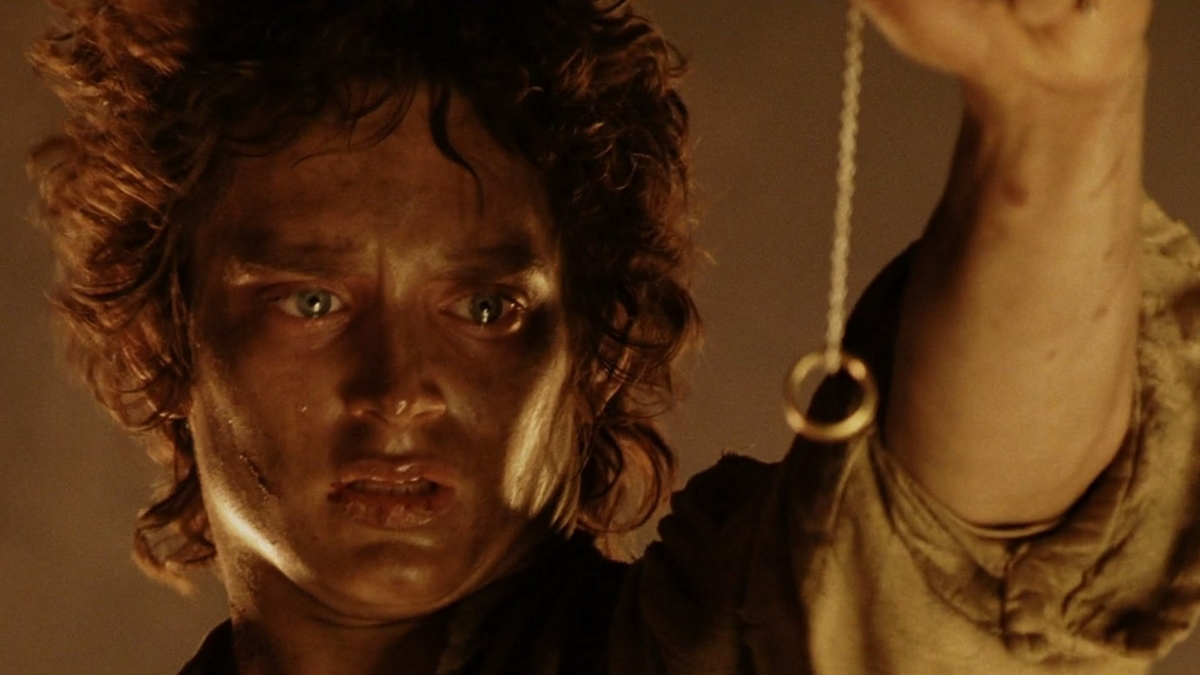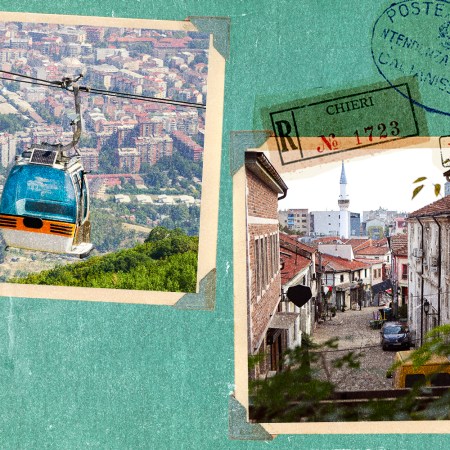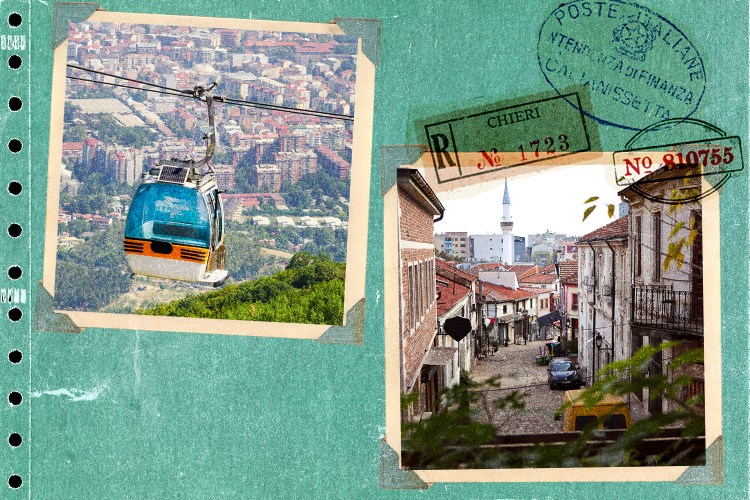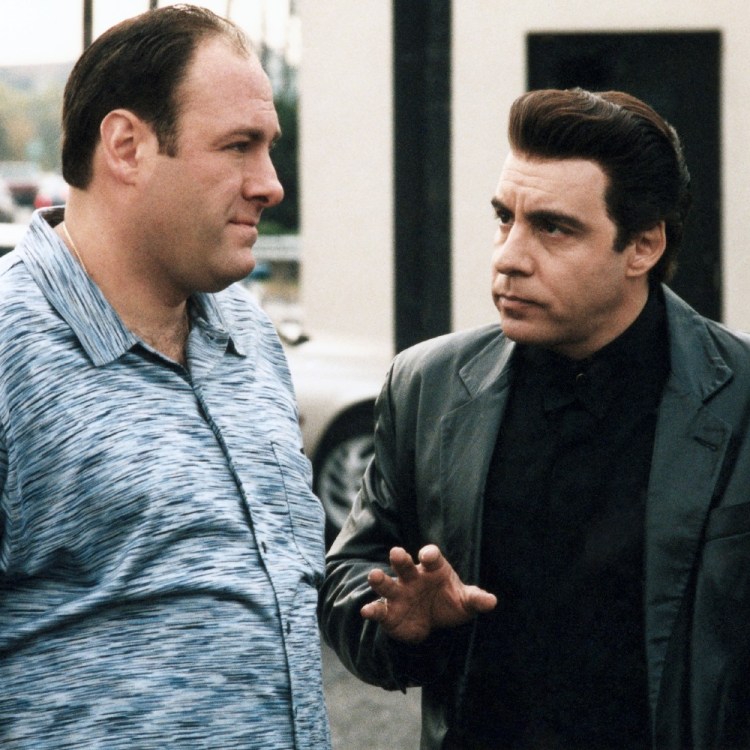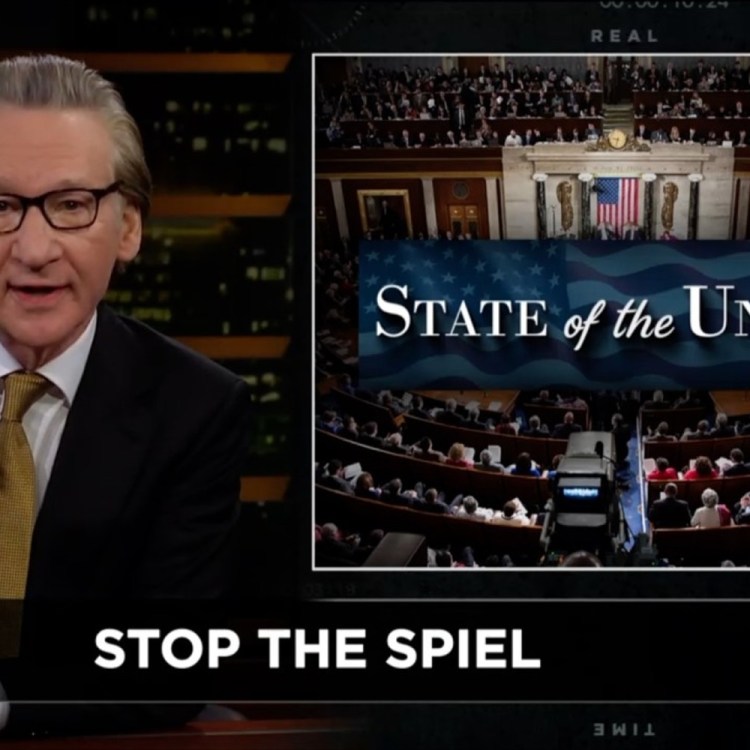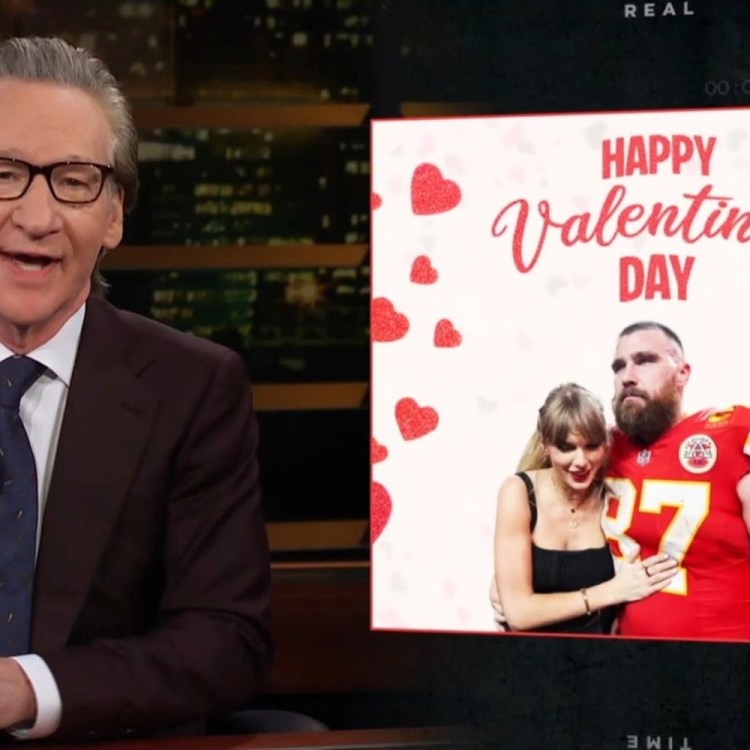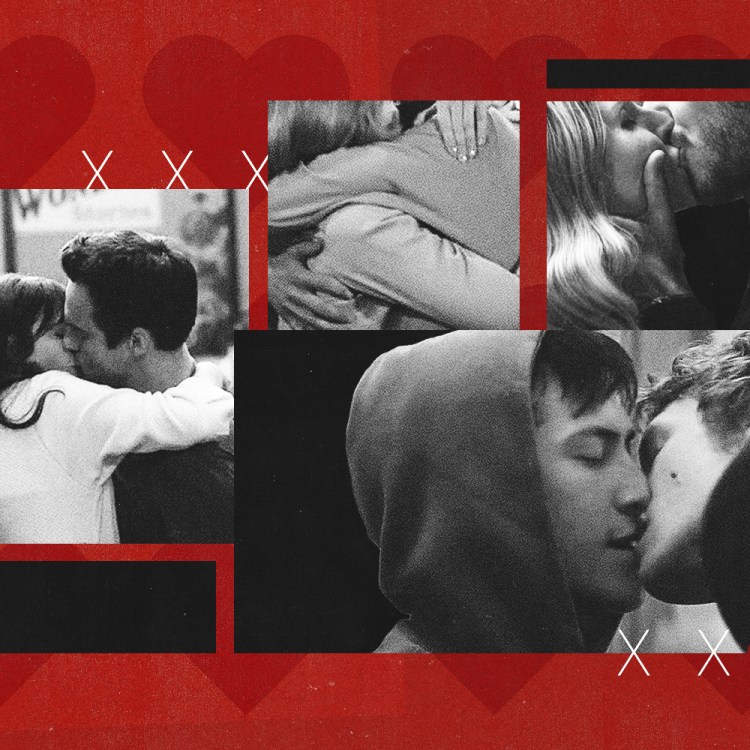There was always going to be a lot of hype surrounding a television show based on The Lord of the Rings.
J.R.R. Tolkien’s fantasy novels were already regarded as seminal pieces of pop culture long before Peter Jackson’s Oscar-winning The Lord of the Rings and The Hobbit trilogies brought them to an even larger audience. But Amazon’s $250 million purchase of the TV rights to The Lord of the Rings immediately increased expectation even further — especially when it was coupled with a promise to spend at least $1 billion on five seasons of the show.
So it was a little bit of a surprise when, in July 2018, Amazon announced that JD Payne and Patrick McKay had been hired to oversee the fantasy franchise that they were going to splash such riches on. Payne and McKay had never been showrunners before, and even their work on films was limited.
The writing pair had done uncredited work on Star Trek Beyond and been selected to write its sequel, only for Paramount to cancel the blockbuster, while they also scribed Disney’s Jungle Cruise and the planned Flash Gordon remake from Matthew Vaughn.
But Amazon were blown away by Payne and McKay’s vision for The Rings of Power, which is set thousands of years before the events of The Hobbit and The Lord of the Rings, in the Middle Earth’s Second Age. During this time the Rings of Power are forged, the Dark Lord Sauron begins his ascent, the island kingdom of Númenor starts to fall, and there’s the last alliance between Elves and Men.
Ahead of the release of The Rings of Power, Payne, McKay and executive producer Lindsey Weber sat down with InsideHook to discuss why they wanted to set the show during this period, what they wanted to do with Lord of the Rings that was new and whether there’s any rivalry at all with House of the Dragon.
InsideHook: Why did you want to set Lord of the Rings: The Rings of Power in this era of Middle Earth?
JD Payne: We knew when we started off there were certain things that make Tolkien feel like Tolkien. Elves, Wizards, Halflings, Dwarves, Humans and creatures, plus all these various lands. We looked around for a time period where there was a blend of of all these various elements. Very quickly we were drawn to the Second Age of Middle Earth. Because it’s a time when you have these iconic stories of the forging of the Rings of Power. It’s the rise of the Dark Lord Sauron. It’s the era of Númenor, which is Tolkien’s version of Atlantis. Then finally, the last alliance of Elves and Men. So those four stories became the pillar of our story. Very quickly we felt like that was the right time period. It’s also a really vibrant time in Middle Earth. The Third Age is post-apocalyptic Middle Earth. The party is half over and the Elves have a foot out the door, heading towards Valinor. Moria Khazad-dum, the great kingdom of the Dwarves, is kind of a tomb. This is a time of the Elf capital of Lindon, which is like an Elf Manhattan. It’s a wildly optimistic time for Elves, where you could maybe make heaven on earth by filling the Earth with beauty. The Dwarves are at the peak of their power; Númenor is the kingdom of Men. So it’s really a great time to set a story.
How was it to write with such little source material?
Patrick McKay: We really came at it from the opposite direction; we feel like there’s great source material here. Our goal from the beginning was to find new and unfilmed stories in Tolkien. This story of the Second Age — this grand epic backstory, if you will, to The Lord of the Rings — all we saw was potential. It was exciting, thrilling and emotionally engaging in its own right outside of Lord of the Rings. We really tried to go deeper into the text, go deeper into these characters and their worlds. Hopefully we can bring to the screen new dimensions and new sides of Tolkien that most audiences hadn’t even known were there before. But we don’t feel like we’re riffing off the films. We feel like we’re going back to the books. If there’s similarities between the two, I daresay it’s because Tolkien is standing above all of us.
What did you want to do that was new with Lord of the Rings: The Rings of Power?
Lindsay Weber: The Second Age is about 3000 years earlier than the events of the Third Age. So the cultures of these Middle Earth civilizations are completely in a different moment in their development in time. It’s a wilder, more raw Middle Earth, but also a richer one. The Elves are at their height. The Dwarves are at their height in their kingdom. The Númenoreans are in their beautiful island, the height of their civilization before things have started to sort of tip over and go the wrong way. So it was an incredible opportunity to show a side of Middle Earth that people haven’t seen on screen before. We really felt it was important not to modernize it. To modernize it would be to break what has been so timeless about Tolkien and what has been so meaningful for so many generations of people all around the world for so long. For us, we really tried to maintain the spirit of the books and stick with what was there as best we could.
McKay: Just a quick example of that: JD and I worked with some amazingly talented writers from the worlds of TV and film [on this]. But before it finally made it to screen, we’d gone through every single word of the dialogue. If it wasn’t a word that appeared in Tolkien’s writings, if it didn’t appear in any of the characters’ mouths, we didn’t use it. We would be that granular about it. We’d ask, “Hey, does this feel just a little anachronistic?” We didn’t want to do that. We wanted them to talk in ways that were distinctive to their cultures and the places they live in Middle Earth. Not in any way to our culture, the place we live on Earth.
Payne: When Tolkien talked about his his writings, he always had the goal to make them not allegorical. Applicable was the word he used. We would strive to make sure that a character or group didn’t represent anyone or anything else. We would mix it up purposefully so that it didn’t feel allegorical to something happening today. Because what makes Tolkien so special is that he is timeless. These are stories about underdogs doing great deeds, stories of friendship, stories about the corrupting nature of power, the battle of good and evil, and we hope that the story will resonate as much with audiences 20 years from now as it does today.
Lindsey, what set JD and Patrick apart from the other writers who were in contention for the show?
Weber: They got hired before I joined. But I’ve had the pleasure of knowing them and working with them now for nearly 13 years now, or something. They had really made a name for themselves around Hollywood for being excellent storytellers and writers, as well as incredibly hard workers and really wonderful collaborators. All of these things are true. Which is why I wanted to work with them so much in my previous job. I also know that meant a lot to Amazon. But they also had a fantastic take when they invited me to run away and join the Fellowship, as I like to say. As a fan, I wanted to know what it was. I asked them to pitch it to me. So I came in, signed an NDA and heard the story. Once I heard it, it was obviously a very interesting and compelling story that they had excavated from Tolkien’s appendices. I think it’s one that will resonate with audiences around the world. I hope it will.
Obviously House of the Dragon is being released at the same time as The Lord of the Rings: The Rings of Power. Do you see that as a positive or negative?
McKay: We applaud and celebrate any storytelling that’s good. No matter where it’s coming from or what genre it’s from or what network or streamer it’s on. Just as audience members, it’s an exciting time for storytelling. We wish them all the best.
Weber: Good movie-making and good storytelling is good for everyone. What a cool time to be a fantasy fan and do all this. These shows are so hard to make. We’re really excited to watch that show and really proud of everybody who’s worked so hard to do all this.
What do you think separates the Lord of the Rings world from other fantasy shows?
Payne: I’m sure there are comparative critics who would be better suited to answer that than we are. We don’t focus on differentiating ourselves. We focus on what makes Tolkien special, which is the themes that we’ve been talking about. It’s the worlds and the people that we’ve been talking about. One thing that I think is really unique to Tolkien, which really spoke to me, is the sense of hope. That’s at the core of his work. In some ways, the earliest parts of Middle Earth were born in the trenches of World War I, when Tolkien was a very young man. By the time he was in his early 20s, a lot of his friends had died. He had seen things that almost none of us have seen today. But where a lot of other writers of his generation made literature of alienation and fragmentation, he wrote what he called a fairy story. Because of those experiences, there’s pain and there’s real stakes in Tolkien. People die, people go evil, people betray each other. There’s real darkness; it doesn’t skirt around that. Within that there’s always a ray of light, there’s one shining star that you can see, that points towards something higher and something better. That kind of hope is part of what makes Tolkien so timeless. Because it finds you in your trenches. It finds you in your moments of darkness. It says just keep putting one foot in front of the other and things will work out.
This article appeared in an InsideHook newsletter. Sign up for free to get more on travel, wellness, style, drinking, and culture.
